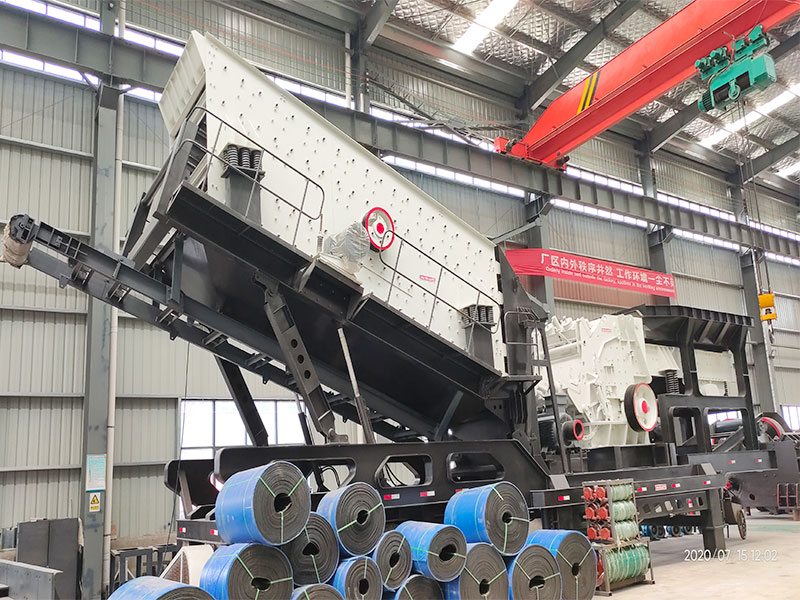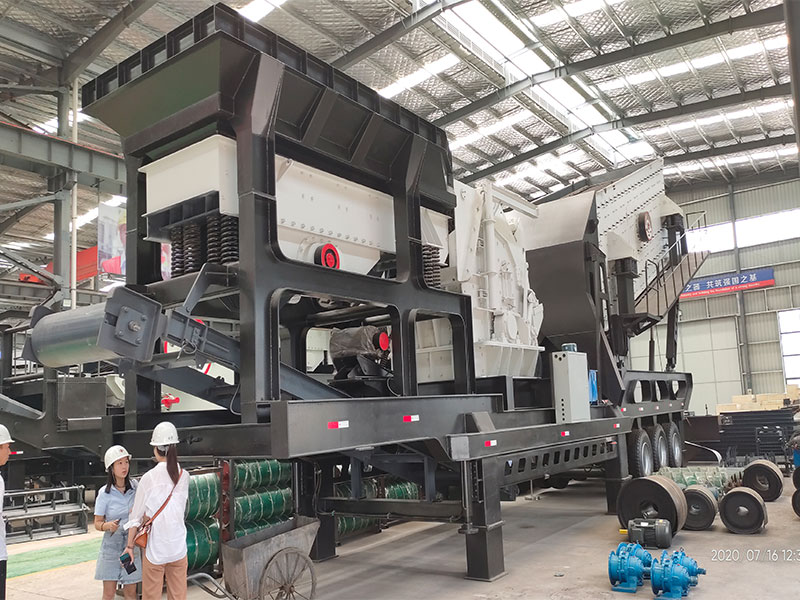Crushing plants play a pivotal role in material processing, providing the essential link between raw materials and the production of aggregates for various industries. In recent years, there has been a growing emphasis on environmental sustainability, prompting crushing plants to comply with stringent environmental standards. This article explores the compelling reasons why crushing plants must prioritize and adhere to environmental regulations, focusing on the benefits of sustainability and responsible operations.
Air Quality and Dust Control:
One of the primary environmental concerns associated with crusher plant for sale is the generation of dust and particulate matter during the crushing process. Compliance with air quality standards helps mitigate the impact of dust emissions, safeguarding air quality in the surrounding environment. Implementing effective dust control measures, such as dust suppression systems and enclosure structures, ensures that the release of airborne particles is minimized.

Noise Abatement:
Crushing operations can produce significant noise levels, affecting both the immediate surroundings and nearby communities. Environmental standards often stipulate permissible noise levels to protect the well-being of residents and wildlife. Adhering to these standards involves implementing noise reduction measures, such as acoustic barriers and soundproofing technologies, to minimize the impact of crushing plant operations on the local environment.
Water Conservation and Management:
Crushing plants may require water for various processes, such as dust suppression and washing of aggregates. Environmental standards mandate responsible water usage and the implementation of water conservation measures. Compliance with water management regulations ensures that mobile crushing plants for sale operate sustainably, minimizing water consumption and preventing the contamination of local water sources through proper containment and treatment of runoff.

Waste Management and Recycling:
Effective waste management is a crucial aspect of environmental compliance for crushing plants. By adopting recycling practices and responsible waste disposal methods, these plants can significantly reduce the environmental impact associated with the handling of waste materials. Compliance with waste management regulations encourages the recycling of concrete and other materials, contributing to a circular economy and reducing the demand for virgin resources.
Biodiversity Conservation:
Crushing plants often operate in areas with diverse ecosystems and wildlife. Compliance with environmental standards includes measures to protect biodiversity and natural habitats. This involves conducting thorough environmental impact assessments, implementing buffer zones, and adopting conservation practices to minimize the disturbance to local flora and fauna. Responsible operations contribute to the preservation of ecosystems and the overall health of the environment.
Energy Efficiency and Emissions Reduction:
Environmental standards also address the energy efficiency of stationary crushing plants and the reduction of greenhouse gas emissions. By incorporating energy-efficient technologies, such as advanced crushers and conveyors, and optimizing operational practices, crushing plants can minimize their carbon footprint. Compliance with emission standards ensures that the environmental impact associated with energy consumption and emissions is kept within acceptable limits.
Regulatory Compliance and Reputation Management:
Adhering to environmental standards is not only a legal requirement but also a matter of corporate responsibility. Compliance demonstrates a commitment to ethical and sustainable business practices, fostering a positive reputation within the industry and among local communities. Responsible operations contribute to building trust with regulatory bodies, stakeholders, and the public, thereby enhancing the overall standing of the crushing plant.
Conclusion:
Crushing plants, as integral components of material processing industries, bear a responsibility to operate in an environmentally sustainable manner. Compliance with environmental standards is not merely a regulatory obligation; it is a strategic imperative for ensuring the long-term viability of the industry and the well-being of the planet. By prioritizing environmental considerations, crushing plants can contribute to a more sustainable future, uphold their social license to operate, and play a key role in shaping a responsible and environmentally conscious material processing sector. View more information at www.aimix.my.
